
So many people have tried to “do” Portishead. Meaning, after the Bristol trio changed the alternative music landscape in 1994 with their debut album Dummy (and infectious lead single “Sour Times”), many other artists tried to duplicate the new form of music dubbed “trip-hop” at the time. Massive Attack and Tricky were also a part of the initial trip-hop movement – also innovators, not imitators – but post-Portishead saw a wave of similar sounding groups, such as Mono, Sneaker Pimps, Morcheeba, Zero 7, and too many others. While the results were hit and miss, all of these groups attempted to capture the same audience as Beth, Geoff, and Adrian, each with a slightly different sound – but none could truly replicate the raw sorrow of the P.
And then it all stopped. After the release of their second self-titled full-length in 1997 and a subsequent live album one-year later, the group that had changed the face of music had split up. The producers commissioned the occasional (Portishead Remix) here and there, providing backdrops for groups as diverse as Depeche Mode and Nine (yes, of “Whutcha Want” fame). Meanwhile, Beth Gibbons teamed up with Rustin Man for an ill-conceived “solo” record, which failed to satisfy the legions of Portishead fans. (Trust us, we really wanted to like it.)
Then, ten years later, Portishead announced the release of a new album, Third, as well as a live performance at this year’s Coachella music festival. With a title that suggests a bad sequel (Godfather 3 or Return of The Jedi, anyone?), would this be a past their prime group attempting to hold on to past glories, or instead, a return to form? Surprisingly, the latter. Portishead picks up right where they left off with Third, not missing a beat, so to speak.
Beth is still lovelorn and depressed, and Geoff and Adrian still know how to illustrate that with their disturbing arrangements of samples and off-kilter drum patterns. The album has a characteristically lo-fi sound, beginning with the hyper, rolling drums, symphonic strings, spaghetti western guitars, and blaring keys, on “Silence”. The beat rides for a good two minutes, as the duo set the stage, and then suddenly the current pulls back, Beth begins to sing, and the long lost Portishead listener suddenly feels home.
“Hunter” follows, as Beth’s breezy vocals float over what sounds like a beautifully dreary moment in a 60′s James Bond soundtrack, coupled with unsettling guitar stabs. “Nylon Smile” has a drum pattern that beats like a paranoid heart on coke and caffeine, plus gently weeping guitars, as Beth illustrates her confusion on whether or not she’s better off alone. “The Rip”, one of the album’s most brilliantly crafted songs, begins with an eerie moog backdrop and muted acoustic guitars, as Beth peacefully contemplates her own mortality, then builds into a heavy crescendo as she rides off into the sunset.
Once you are set up and back into the Portishead state of mind, Geoff and Adrian begin to experiment with new sounds, and the results are fantastic. They don’t step too far outside the box – it’s still Portishead – but upon first listen, it catches you off guard. “Plastic” switches between unsettling, choppy drum patterns and soothing guitar licks, as Beth rides the track like an emotional roller coaster. “We Carry On” takes things a step further, as the producers illustrate Beth’s downward spiral into insanity, with a tense, building beat. “Machine Gun” continues in this style, as it plays like Portishead’s answer to an El-P beat, with, chopped, distorting drums, complete with Blade Runner-esque synth.
The only two songs that seem a bit out of place on the record are “Deep Water” and “Magic Doors”. “Deep Water” is a bit of a skit, where Beth does a short folk song number help talk you off the cliff after the suicide note that is “We Carry On”. The song is under two minutes, so it doesn’t disrupt the continuity too much. Meanwhile, “Magic Doors” is a great song, but is the closest thing the group has to a “single” (as if they even need radio play at this point in their career). This track takes the most linear approach to song structure, with a much more accessible sound to it (read: it has cowbell). Not a bad thing, but it does seem a bit out of place after the album’s deeply experimental second half. All minor gripes are made up for with the album’s closing track, “Threads”, which is executed in classic Portishead fashion.
All in all, Portishead’s reunion is one of the best things to happen to music in a long time. After so many groups tried to fill the void, Portishead proves that they are truly the only ones who can create such a unique sound. Third makes it sound easy – as if making an album that was a worthy successor (if not something greater) to the group’s last record, was as simple as riding a bike after ten years. If you aren’t schooled in Portishead, Third will be a heavy plate to digest, so it’s recommended to first check out Dummy before attempting to swallow this. But for the longtime listeners, Third‘s time is a charm. – Pizzo
Comments
No Comments
Leave a reply
- Raekwon Sets A Release Date For “F.I.L.A.” Album
- BUSH: A Snoop Odyssey Produced By Pharrell Williams [Preview]
- Drake – “If You’re Reading This It’s Too Late” Surprise Album on iTunes Now
- Action Bronson “Mr. Wonderful” Cover Art and Tracklist
- Juicy J “Blue Dream & Lean 2″ Mixtape Cover Art & Release Date Revealed
- MF Grimm “MF Love Songs” Cover Art + Tracklist
- Lord Hakim – “Brass Knucklez” (feat. Vast Aire & Phizz Ed)
- IAMSU! – “Hella Good” (feat. Tyga)
- DJ Kay Slay – “I Declare War” (feat. Styles P, Sheek Louch, Vado, Raekwon, & Rell)
- Maverick Sabre – “We Don’t Wanna Be” (feat. Joey Bada$$)
- Cannibal Ox – “Blade: Art of Ox” (feat. Artifacts & U-God; prod. Black Milk)
- Asher Roth – “Blow Your Head” (prod. Nottz)
- It's Time To Say Goodbye...
Commented on by Yungplex - It's Time To Say Goodbye...
Commented on by geedubbleyoo - Fat Trel - "In My Bag" (feat. Wale)
Commented on by Katae - Kanye West's "Runaway": What Does It All Mean?
Commented on by fidgar - Sole Vs. El-P: Part One - Sole
Commented on by Reno Yakavetta - It's Time To Say Goodbye...
Commented on by Atom
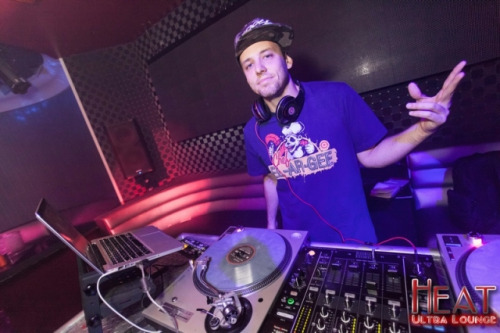

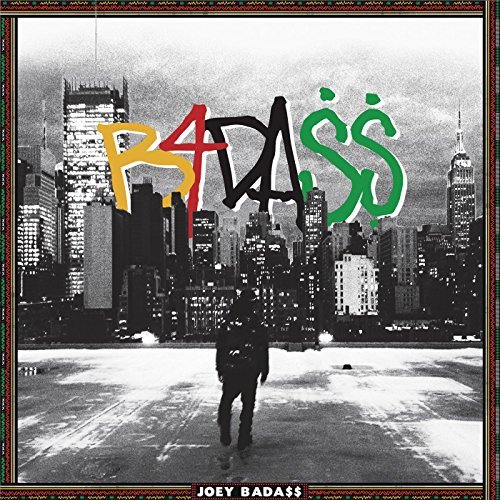
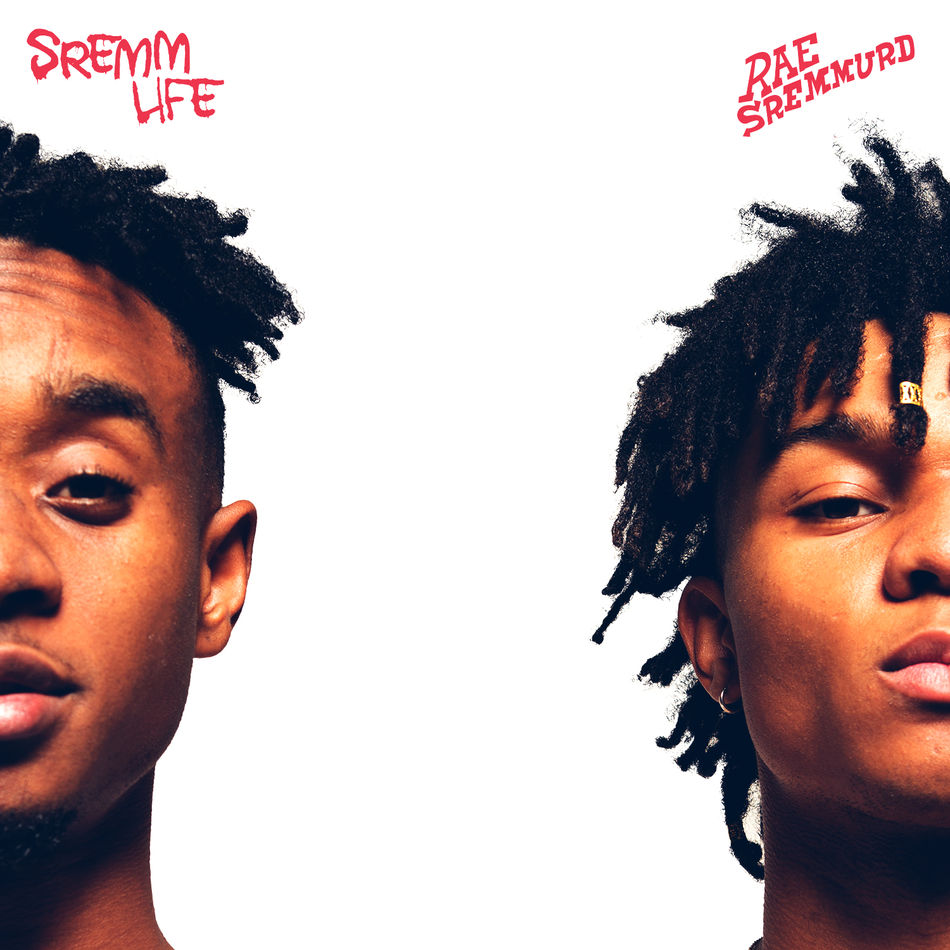
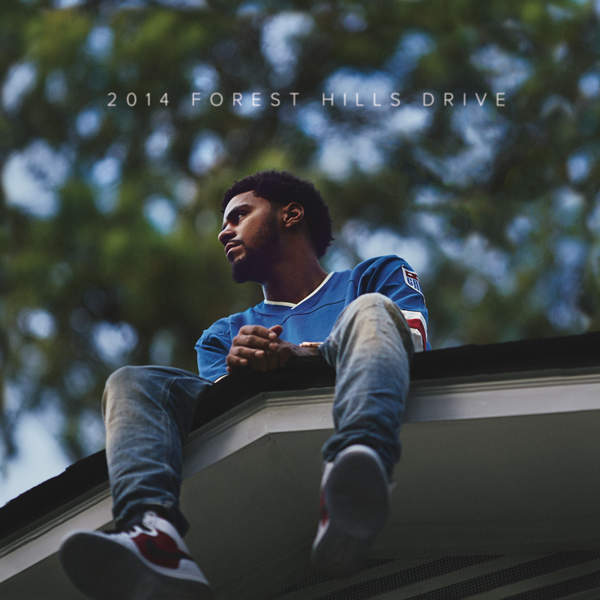




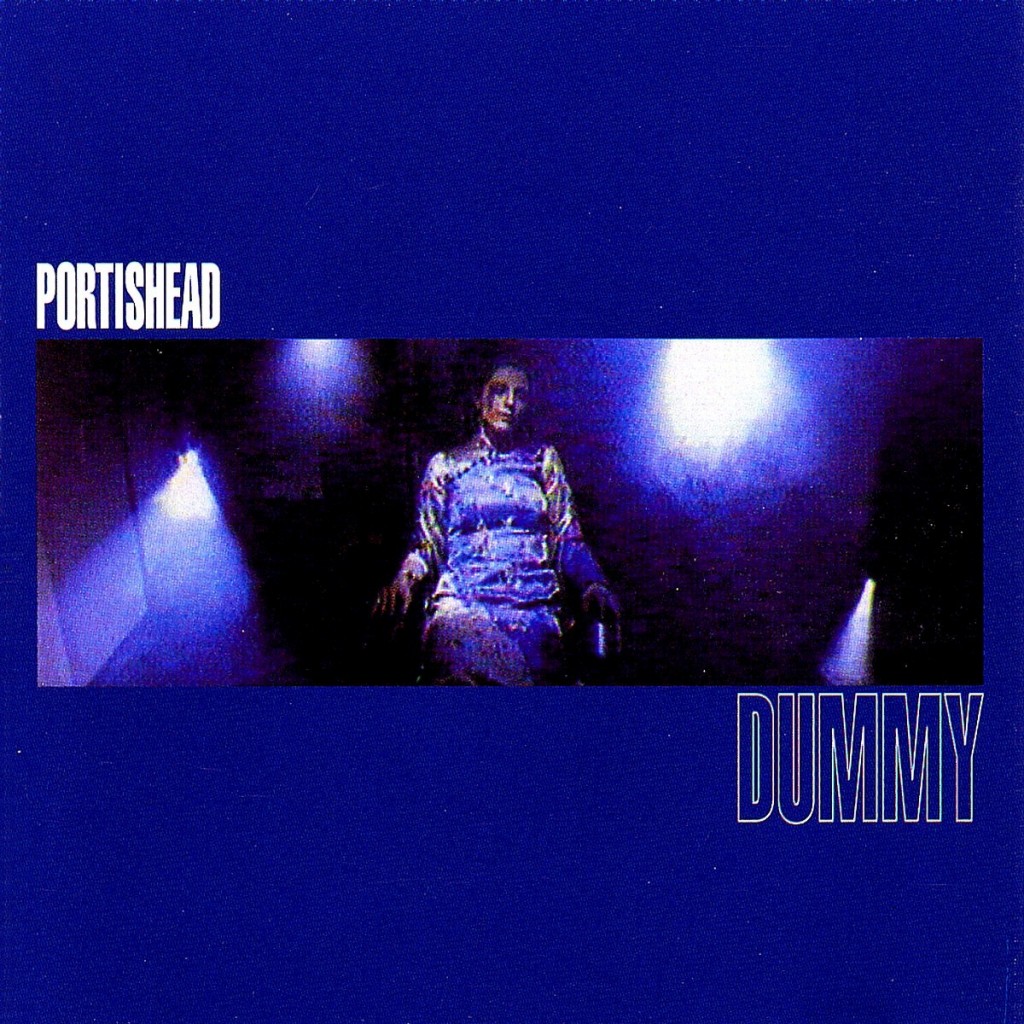
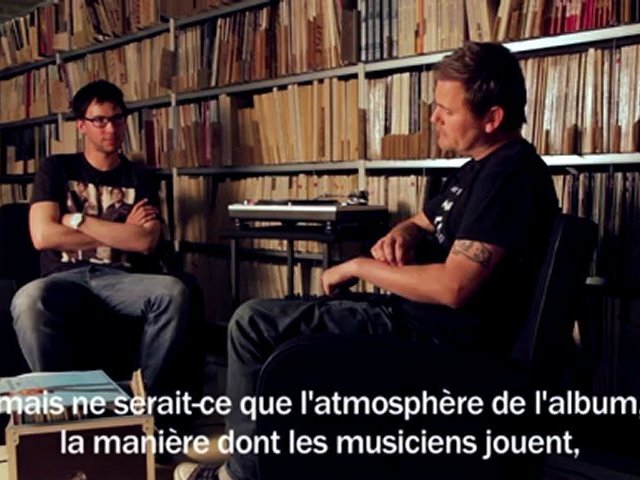
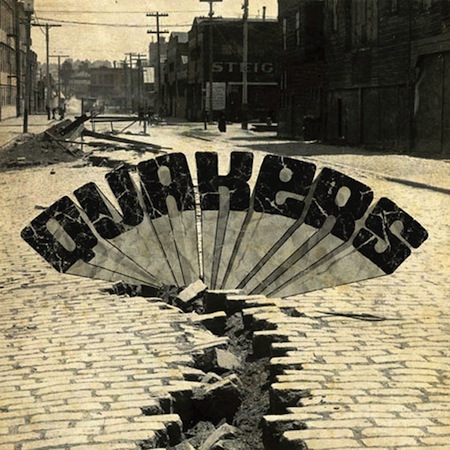
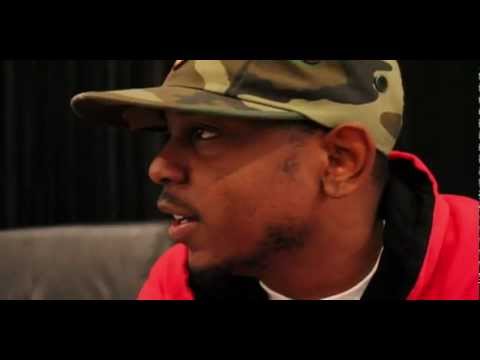

 Mixtape D.L.
Mixtape D.L.
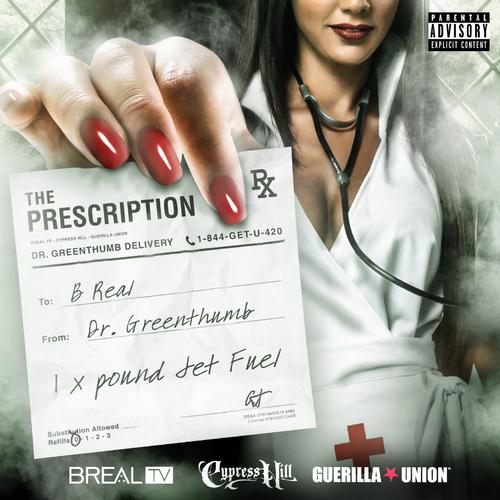

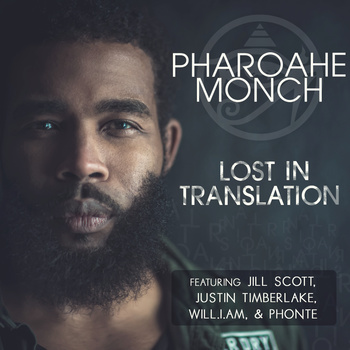

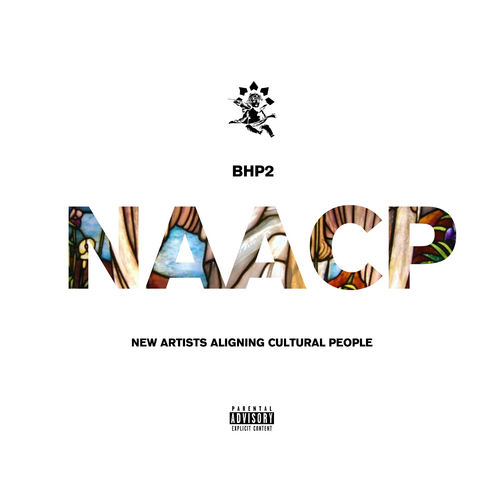
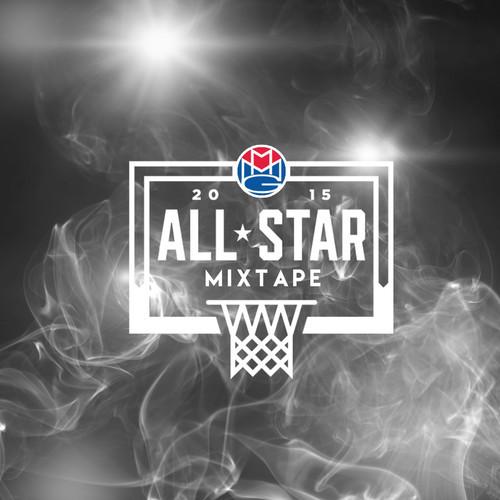
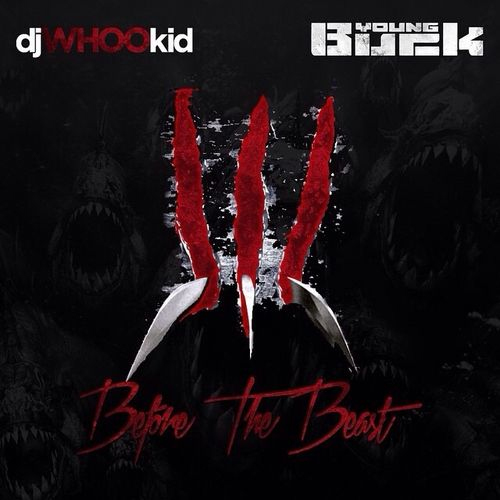
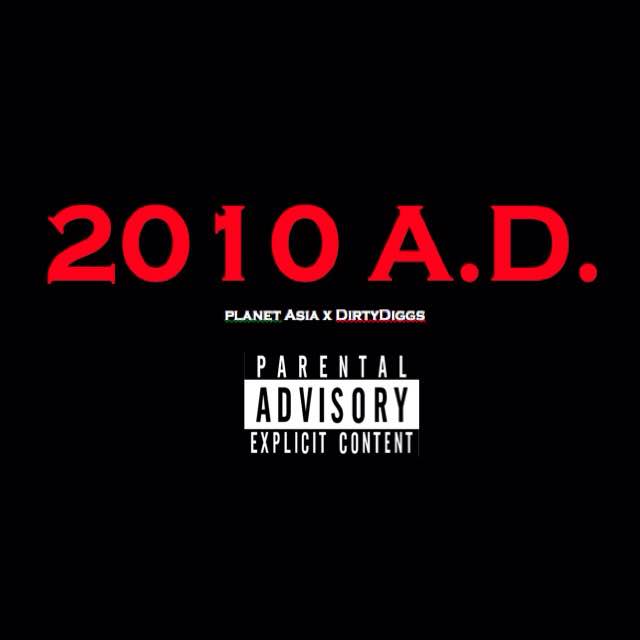
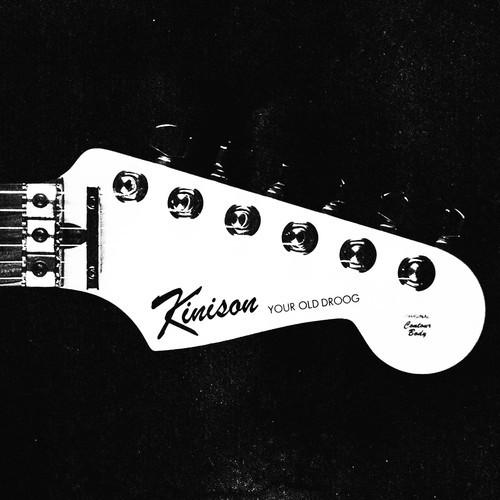
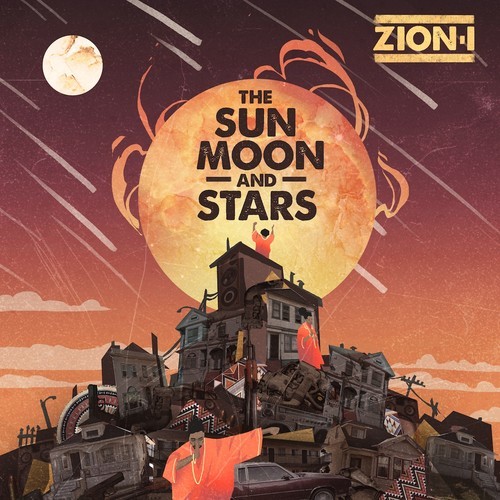

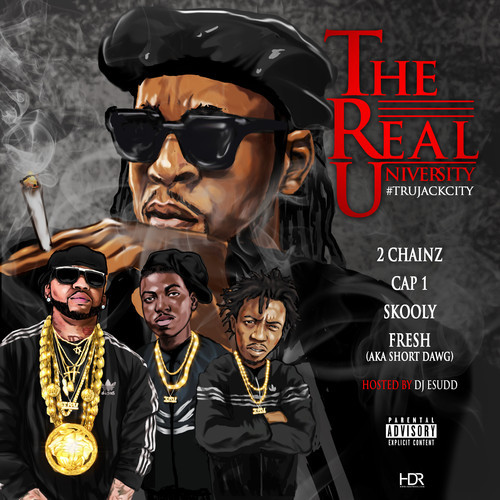
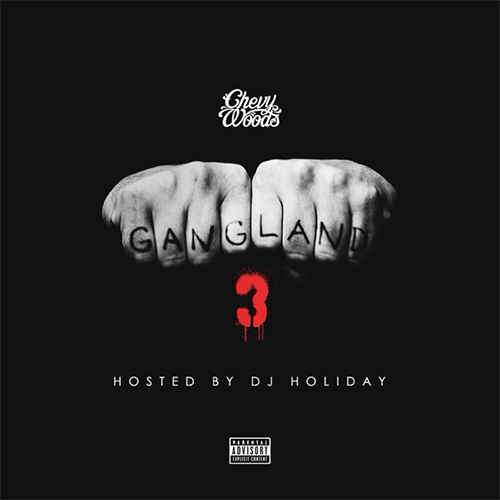
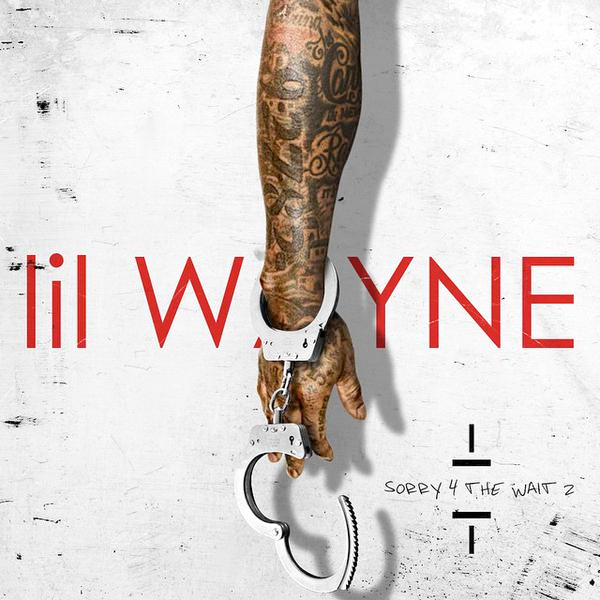
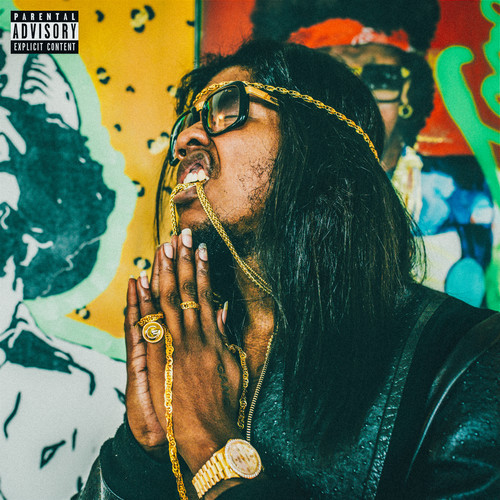





25 April, 2008@3:37 am
0 comments